I spent three full days at the National Council for the Social Studies annual conference in San Francisco. It was my first NCSS conference and well worth the effort. There were over 900 sessions to choose from!
Some of the most valuable resources I found came not just from the sessions I attended but from conversations with teachers I met during transitions times between workshops.
In an effort to process all of the learning and to begin sharing with interested teachers, I will summarize some of the highlights from my 16 pages of notes. Click on the links to go to websites with more information.
Where I’m From
Sharing my Where I’m From poetry project at the conference was a big highlight. It was great to meet many educators who are interested in participating in it.
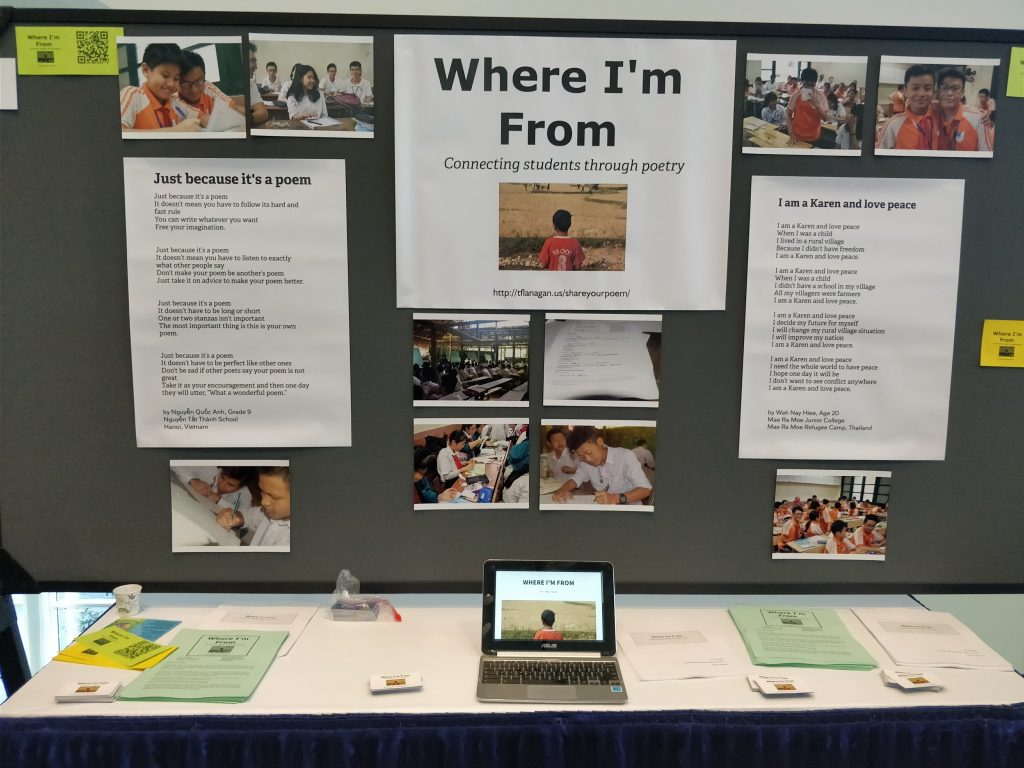
Stories to Unite Us
Listening to David Isay and the stories he shared from StoryCorps was mesmerizing. If you are not familiar with StoryCorps, it is an oral history project that enables anyone to record an interview with a loved one which is then automatically archived in the Library of Congress for future generations. Best of all, StoryCorps now has an app so students and others can get involved and record stories from their lives. And this site has more resources, including a special project for students and teachers. Why not record someone’s story this Thanksgiving weekend?
“There isn’t anyone you couldn’t learn to love once you’ve heard their story.”
Fred Rogers
Becoming an Explorer
I sat with about a hundred teachers early on a Sunday morning to complete the first of three phases in becoming a National Geographic Certified Educator. There is lots of information for teachers about this on their website. I hope to complete the next two phases in the coming months as I design and implement lessons in my classroom and complete a capstone project.
Nat Geo has a variety of other free resources and opportunities for teachers. These high-quality resources come with teacher’s guides, lesson plans, videos and more. Here are just a few:
- Teaching resources, including lessons, activities and units.
- A new website devoted to the Geo-Inquiry Process. This process is modeled after the scientific inquiry process and will help students think critically as they solve real-world problems.
- Explorer Classroom. This is a great way to connect your classroom to a National Geographic explorer working in the field.
- Lots of resources for teaching about maps, including the popular Giant Maps which are now available for purchase by school districts.
- The Grosvenor Teacher Fellowship. Teachers can apply for an amazing professional development experience aboard a research vessel to Alaska, the Arctic, Antarctica or the Galapagos Islands.

Teaching for Social Justice
Even after 30 years of teaching, I sometimes feel like a beginner in terms of teaching students to recognize multiple forms of oppression and to take action to challenge these cycles of oppression. I have made a conscious effort to focus on this for a number of years, but know that I can learn and do so much more. I had many opportunities to learn and be inspired by educators who are doing great work in this area. Here are a few resources I gathered that just scratch the surface.
“If you are neutral in situations of injustice, you have chosen the side of the oppressor.”
Desmond Tutu
- I attended a panel discussion titled “Teaching Social Justice in Today’s Political Climate” and now have three new teaching idols to look up to (two of them much younger than me). Their intelligent, thoughtful and challenging ideas have reminded me of the importance of this work. Here is an excellent list of resources from teacher Jennifer Gonzalez on her blog, Cult of Pedagogy.
- “Don’t Be a Sheep: Media in the Age of Ferguson,” was an intriguing title for a session and proved to be well worth it. Teacher Spiro Bolos of New Trier High School in Winnetka, IL recounted his experience photographing events happening in and around Ferguson, Missouri after a grand jury announced it would not indict the officer who shot Michael Brown in 2014. Spiros developed a lesson to look at this event through the lens of digital media in order to help our students ask critical questions when reading images and other digital media.
- I was particularly interested in a presentation that demonstrated the power of photography in creating change. Matt Heron, an award-winning photographer documented the voter registration drive by the Student Nonviolent Coordinating Committee in the early sixties. His stories and photographs documenting the bravery of these young people in the face of pure evil are as important today as they were 50 years ago.
- The Road to Racial Justice board game is a free resource that “encourages cross-cultural understanding and compassionate action in order to help create a more loving and just world.”
- The Institute for Global Studies at the University of Minnesota has several social justice lessons from elementary through college level.
- Two students presented units they wrote titled LGBT: Always Here, Finally in Schools to focus on the history and experience of LGBTQ people in America.
- The UC Berkeley History Social Science Project has a list of selected social justice resources.
- OneHistory focuses on primary sources, visual literacy and multicultural history with an aim to “help all voices be heard.”
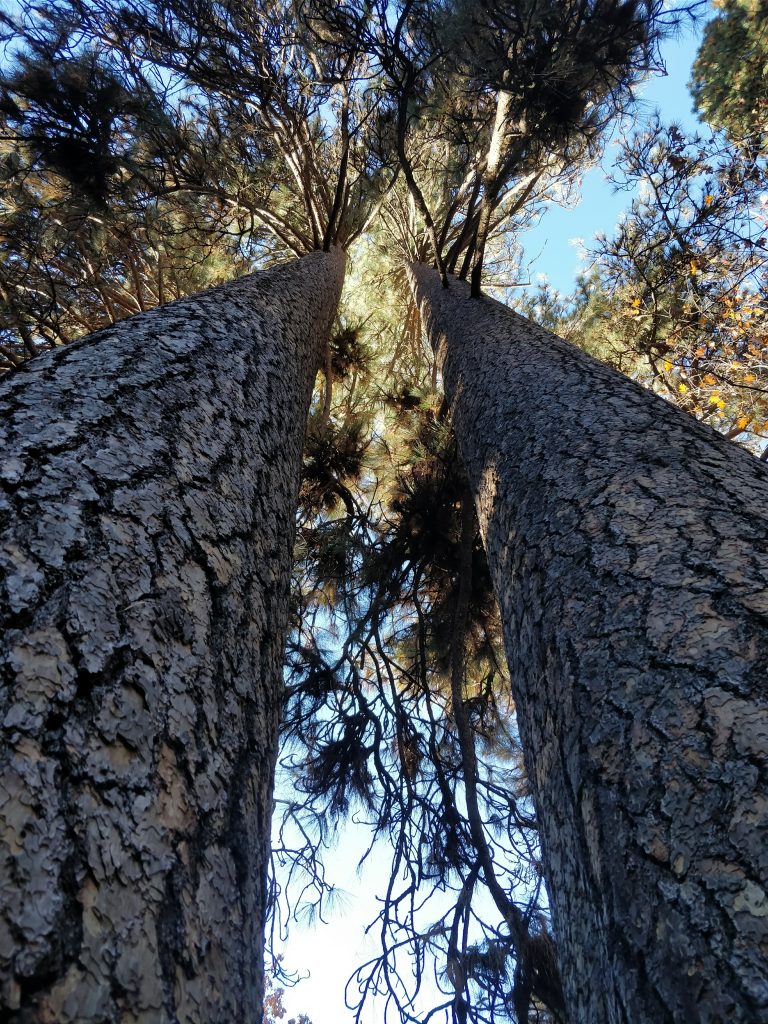
Taking Action
Whether I attended a session on teaching social studies with literature, using digital tools, social justice, or geography, having students take action was a theme throughout the presentations. Students who are engaged in a real-world problem that they can act on will learn and remember more than those who are memorizing names, dates and places. Of the many examples at the conference, here are two I plan on using.
- Kiva is a nonprofit microfinancing site where donors can fund a project for as little as $25. Thanks to donations, Kiva can now give students $25 to research and choose a borrower to fund. Have students find a project in an area of the world they are studying or that connects to a relevant theme. What a great way to make learning real and have a positive impact on the world!
- Two teachers from Cape Cod Lighthouse Charter School, Kathryn Wilkinson and Susy Remillard, created a project around a book I will be teaching this year, Long Walk to Water by Linda Sue Park. Their interdisciplinary project culminates with a walk-a-thon to raise money for digging wells in Sudan. They shared all of their resources on Google Classroom. Contact me for the access code if you are interested.
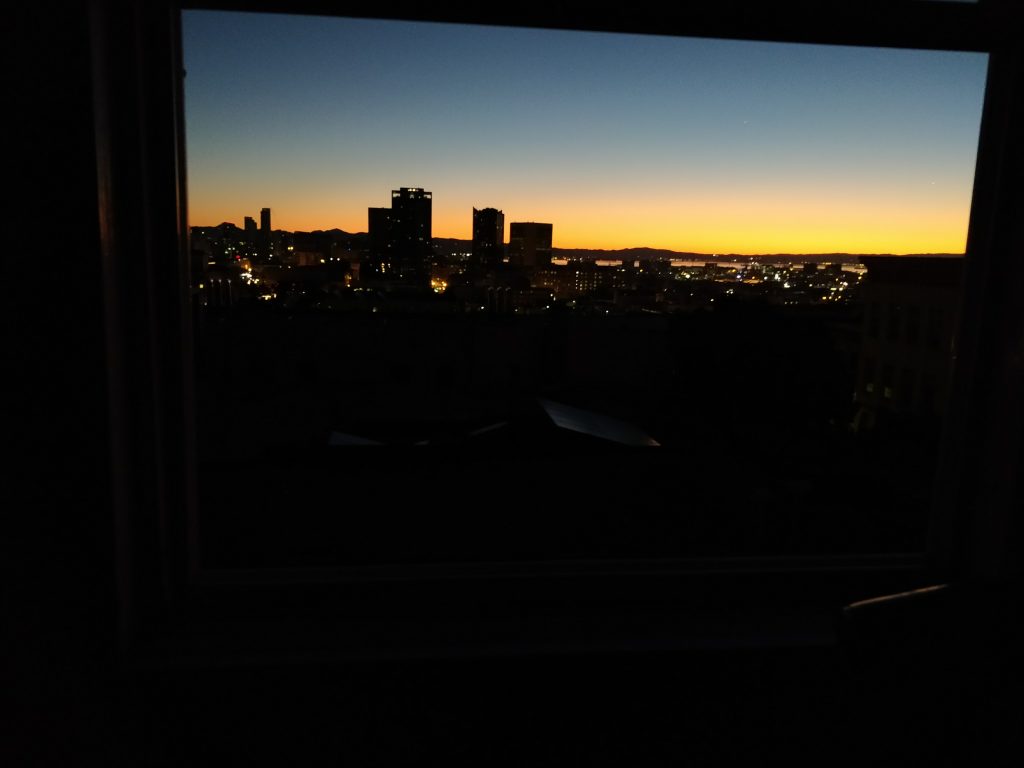
More Excellent and Free Resources
The conference hall was filled with hundreds of exhibitors selling and giving away materials. I was surprised that there are so many quality resources available for free. Here are some more favorites.
Regional Organizations
These universities and other organizations usually receive funding through grants to provide resources for teachers. Search for “Title VI” and the region you are looking for to get dozens of more resources.
- Middle East Outreach Council (MEOC ) I was already familiar with this group since they invited me to their conference in Washington, DC in 2015. It was great to see some familiar faces at the booth.
- University of Arizona Center for Middle Eastern Studies Another resource I have used for some time and continue to do so.
- The Karama Arab and Islamic World Information Project has a variety of resources, including many lessons for seventh grade.
- National Consortium for Teaching about Asia More resources focusing on Asia, including lesson plans and seminars.
- Qatar Foundation International provides many resources for teaching about the Arab world in addition to generous professional development grants and travel opportunities.
- Dar al Salaam – Free teacher institutes about Islam every summer in New Mexico.
- The African Studies Association Outreach Council has links to 12 universities that provide K-16 teaching resources about Africa.
- The Institute for Global Studies at the University of Minnesota has several resources for teaching about Africa.
- Stone Center for Latin American Studies This site includes a lending library and travel and workshop opportunities for teachers.
- CLASP, The Consortium for Latin American Studies Programs, has a page devoted to K-12 resources, including a list of lending libraries with culture boxes, traveling suitcases, artifacts, videos, books and more.
Free Travel
There are hundreds of opportunities out there. Here’s a very small sampling.
- Transatlantic Outreach Program – Free study tours to Germany every summer.
- Keizai Koho Center – Free study tour to Japan.
- Fulbright Distinguished Awards in Teaching – This program sent me to Vietnam. They send teachers to about 15 countries every year.
- Teachers for Global Classrooms – A fully funded year-long professional development opportunity including a seminar in Washington, DC and a two-week international fellowship (I went to Kyrgyzstan with this program.)
- NEA Global Learning Fellowship – Another year-long professional development program with summer travel, fully funded.
- I spoke with representatives from Peaceworks Travel. They offer potentially free trips for teachers who bring eight students on one of their tours. The difference with this organization is that they focus on “service learning for a more peaceful world” and not your typical student travel destinations. Rwanda, Cambodia, Laos, Vietnam, Guatemala, Cuba, Colombia and the US are current destinations. They also offer special travel workshops for teachers, such as a digital storytelling.
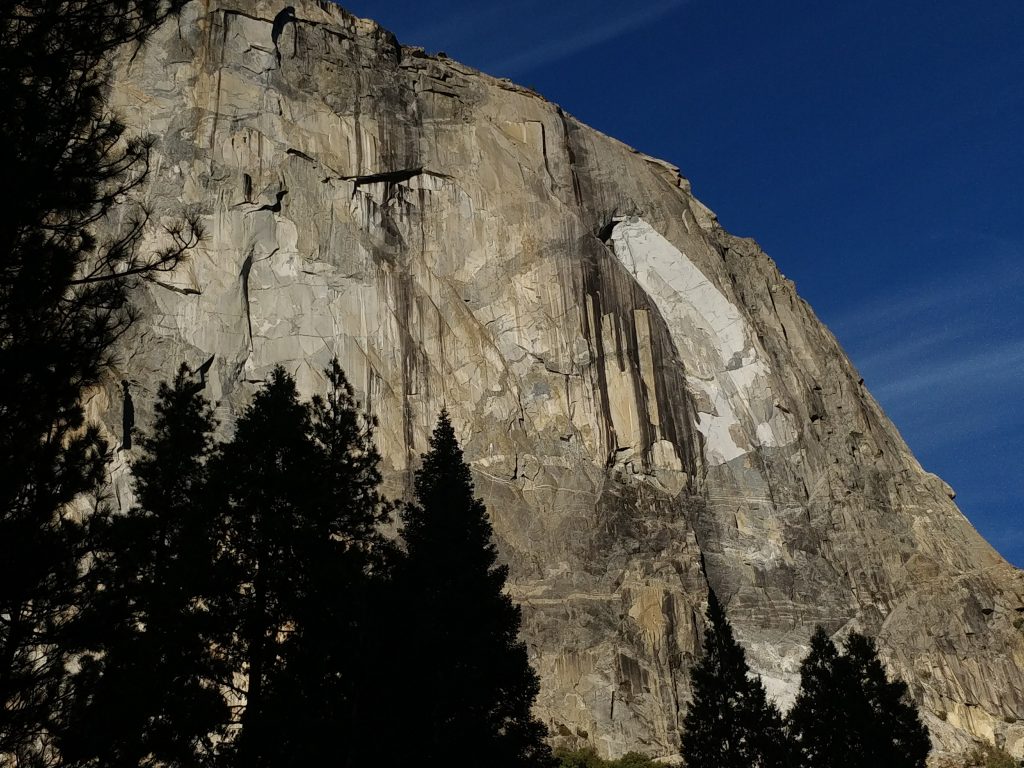
Free Videos and More Free Websites
- POV, the longest-running documentary series on PBS, has over 100 videos and 200 lesson plans for free.
- Cultural Jambalaya – Teaching about culture using free photos and videos.
- Unity Productions Foundation – Free PBS documentaries and lesson plans.
- Global Oneness Project – Free videos and lessons, all about culture, outstanding quality.
- SAS Curriculum Pathways – Free online map tools and lesson plans.
- The University of Wisconsin at Milwaukee Global Education Online Digital Exchange – A site packed with a variety of resources for teaching complex global issues.
- Project Look Sharp is a free media literacy initiative from Ithaca College. The site has many K-16 curriculum kits including topics such as US History, social justice, Africa, global studies and more.
- The Center for Strategic and International Studies provides free interactive web features, podcasts, videos, maps, documentaries, and publications that provide an unbiasied, up to date analysis of global regions and issues.
- A variety of resources on teaching North Korea, including surprising images and videos to challenge stereotypes about this country; shared by presenters Ariana Dumpis of Crocker Middle School in Hillsborough, California; Catherine Ishida from the Program for Teaching East Asia at the University of Colorado Boulder; and Jenna Martin from Henry World Legacy Middle School in Denver.
- I received a wealth of information and materials from three Minnesota teachers who teach a unit using excerpts from the book Guns, Germs and Steel by Jared Diamond. The teachers, Allegra Smisek, Tyla Phelps, and Kyle Stark from Hopkins Public Schools teach about inequality and set high expectations for student learning. I look forward to using their materials. This Google folder has resources from their unit in addition to other resources they shared at the conference.
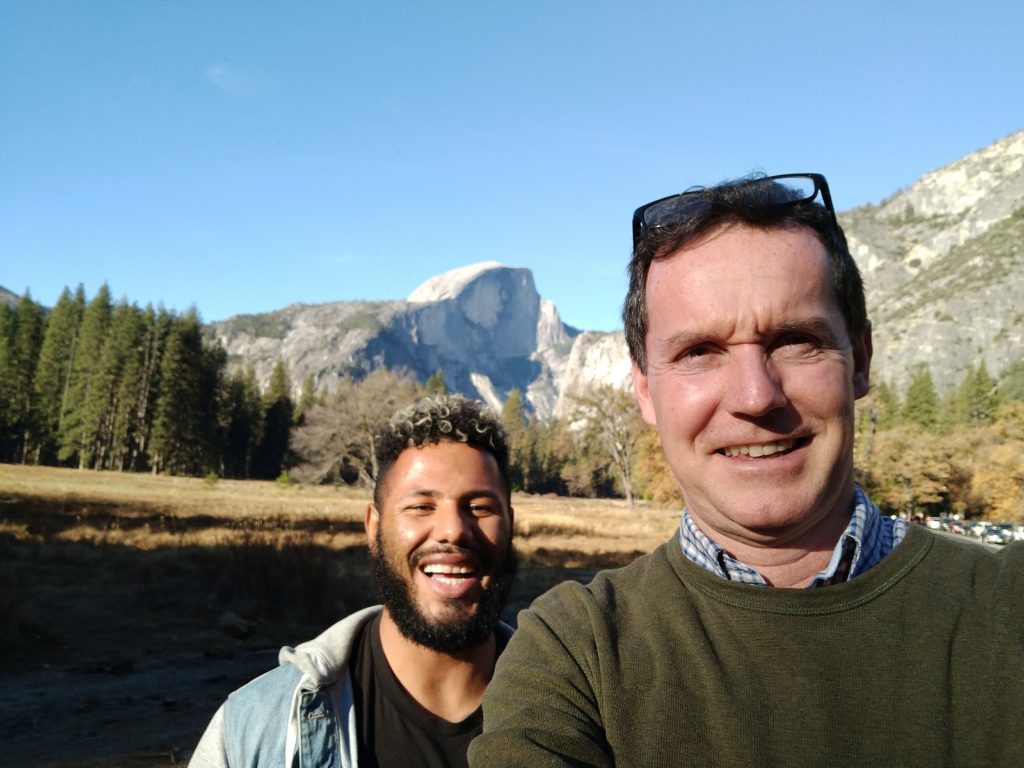
I highly recommend teachers attend the NCSS annual conference at least once so you can gather resources and make connections that will have an impact on your teaching and your students. I also encourage districts to see the value of supporting teachers in this endeavor. I am grateful to my school district for giving me the time to attend the conference as well as contributing towards the expenses.
The conference ended on a somber note with a talk by Peter Kuznik, acclaimed author and director of the Nuclear Studies Institute at American University, about the possibility of going to nuclear war with North Korea. Kuznik compared the events during the Cuban Missile Crisis and today’s conflicts with North Korea, focusing on the differences in the leadership then and now.
If anything, this was a reminder of the importance of social studies education. Our future leaders must understand different points of view and be adept at collaborating and problem-solving rather than bullying or grandstanding.
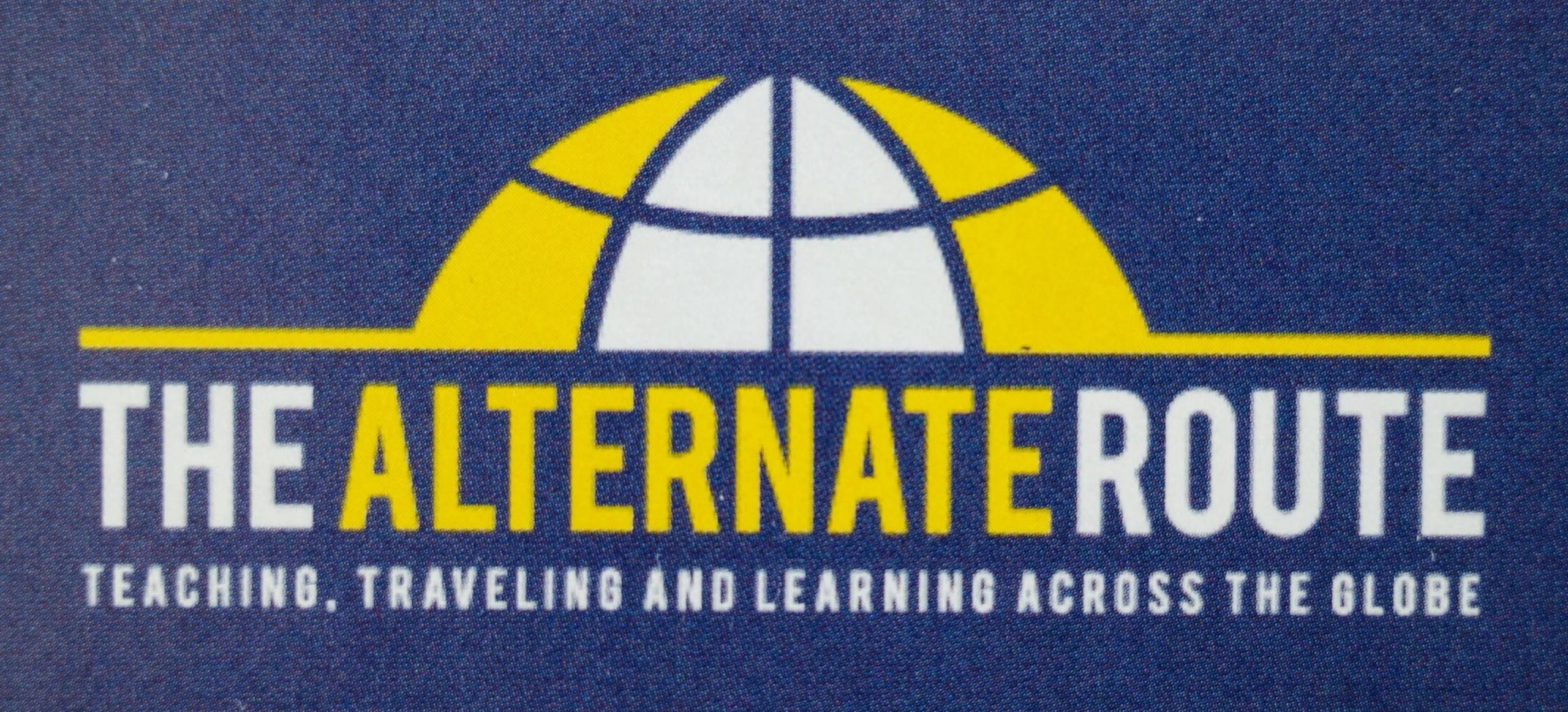
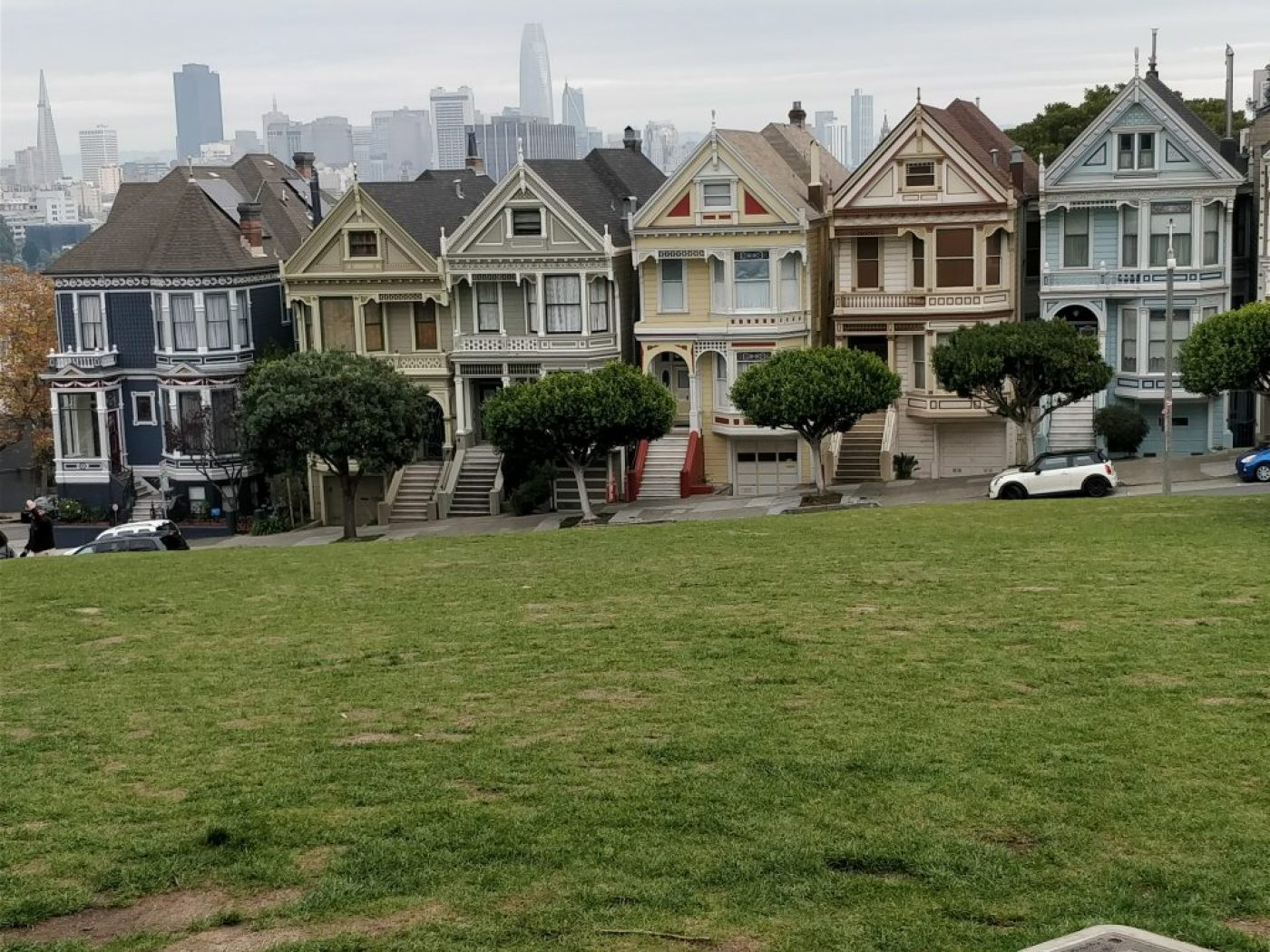
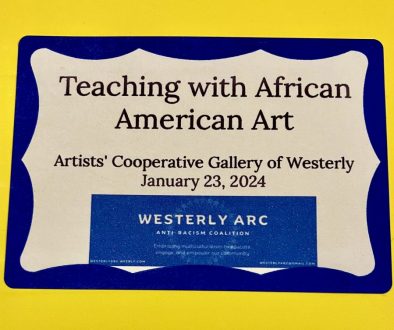
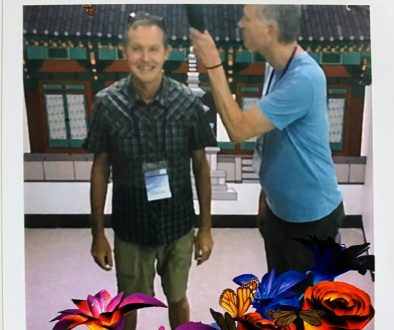
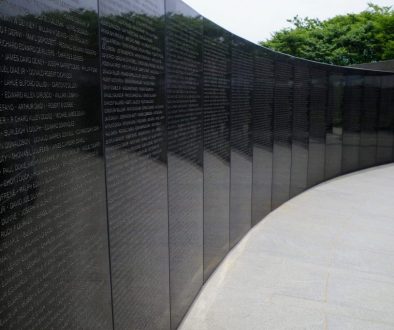
November 23, 2017 @ 12:57
Wonderful post, Tim!!!!! Thank you for sharing! Happy Thanksgiving!
November 25, 2017 @ 13:46
Thanks, Lori! Enjoy the rest of your long weekend.
November 23, 2017 @ 13:27
Tim,
I fully enjoyed reading this post! It is so rich of useful information and resources. I appreciate your care about social justice and your conunuous efforts to find pedagogical content and methods that empower students to stand against oppression.
November 25, 2017 @ 13:47
Thanks for your feedback, Khadija. It’s great to hear from you.
November 23, 2017 @ 18:59
This is a wonderful blog with helpful I formation for teachers. I know you learned a great deal and will be implementing it in your work. WIshing you continued success. Also glad you were able to share Thanksgiving with your son and unwind. RIck and you look great. TOuched base win Jimmy In NY- will be spending Thanksgiving with dghter Regina and family and out to his brother, Tommy, in NJ and ,perhaps , his sister too. Talked to Anne last week and my son and family in CA. He’s driving to Grand Canyon this weekend with family for few days. We had dinner with Conrad’s kids and part of grandkids – only 40 mins. away and home by 5 pm , but made mass this morning; always great way to start Thanksgiving – ate too much- should have been hiking Hopefully, I will get down to see Chrissy and family soon. Still learning much from your blogs. Good luck with future travels. Always enjoy hearing what your doing and the impact you’re making on young minds and others.
November 25, 2017 @ 13:49
Thanks for all the news, Linda! It’s nice to hear the updates. It was a wonderful trip to California.
November 24, 2017 @ 12:21
Tim, the conference sounds like it was amazing. I love the San Fran and Yosemite pics. Perhaps we can team up 3rd quarter – we can connect the argumentative writing piece in LA to what they are studying in SS.
November 25, 2017 @ 13:51
How did you ever leave California? It was great. I think there will be a lot of opportunities to collaborate between LA and social studies. Enjoy the rest of your weekend.
November 26, 2017 @ 21:20
What an amazing conference! Thank you for sharing your experiences and resources.
November 30, 2017 @ 20:18
Thanks for reading, Rachele!
November 27, 2017 @ 20:03
You are amazing Tim. Incredible resources and amazing you found the time to organize all you learned into such a great article for us to
not only read, but also save as a valuable resource. We are thankful for you. (Loved the photo too!)
November 30, 2017 @ 20:19
Glad you found it helpful, Deidre. It was like a mini-leave, and one of the best things was the gift of time.
November 28, 2017 @ 10:44
Such a great read! Full of so many connections for all. You amaze me!
November 30, 2017 @ 20:20
Thanks, Paula.